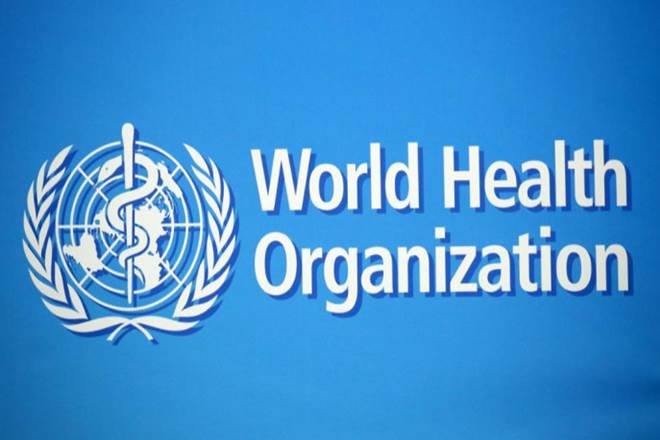COVID-19 virus has not been detected in breastmilk — WHO
The World Health Organisation (WHO) says COVID-19 virus has not been detected in breastmilk till date and so it is unlikely that it can be transmitted through breastmilk. WHO Regional Office for Africa in Brazzaville, Congo, said this on its official Twitter account @WHOAFRO to commemorate the 2020 World Breastfeeding Week which runs from Aug. […]

World Health Organisation (WHO)
The World Health Organisation (WHO) says COVID-19 virus has not been detected in breastmilk till date and so it is unlikely that it can be transmitted through breastmilk.
WHO Regional Office for Africa in Brazzaville, Congo, said this on its official Twitter account @WHOAFRO to commemorate the 2020 World Breastfeeding Week which runs from Aug. 1 to Aug. 7.
According to WHO, Breastfeeding reduces infant mortality and provides numerous lifelong health advantages.
“Breastfeeding mothers can breastfeed their babies even if they are confirmed or suspected to have COVID-19.’’
Meanwhile, Dr Tedros Ghebreyesus, Director-General of WHO, in his speech, emphasised the importance of breastfeeding and that mothers with COVID-19 should continue to breastfeed their babies.
“As we have seen again and again, standard public health measures are often the most effective and we are reiterating the importance of breastfeeding, which has lifesaving benefits for babies and families.
“At the time of COVID-19, especially when there is disruption to health services, WHO recommends that mothers with suspected or confirmed COVID-19 should be encouraged, the same as all other mothers, to initiate or continue to breastfeed.
“Mothers should be counselled that the many benefits of breastfeeding for newborn babies and children substantially outweigh the potential risks for COVID-19 infection.
“Mother and infant should be helped to remain together while rooming-in throughout the day and night and to practise skin-to-skin contact.
“They should remain together to practice skin-to-skin contact including kangaroo mothercare, especially immediately after birth and during establishment of breastfeeding, whether they or their infants have suspected or confirmed COVID-19,’’ he said.
The week long series of activities held from 1st to Aug. 7 every year, is aimed at creating awareness and generate support for improved breastfeeding practices for good health and wellbeing of infants and young children.
The theme of the 2020 celebration is “Support Breastfeeding for a Healthier Planet”.
The theme focuses on the impact of proper infant feeding on the environment, by garnering support for breastfeeding for the health of people and planet. (NAN)
